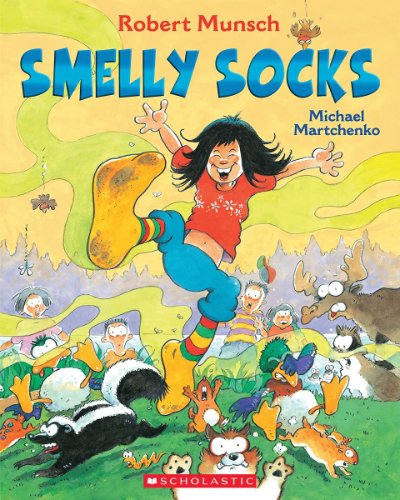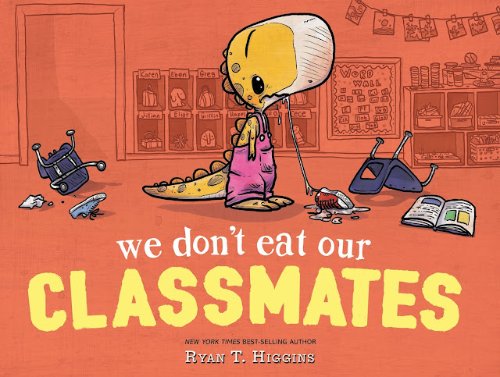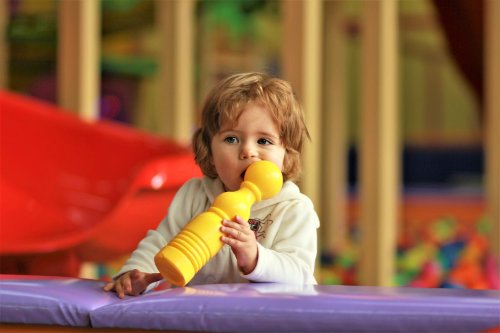Thinking Outside the Toy Box: Part 2
November 22, 2022
When you encourage your child to play with a variety of things in a variety of ways, you create new experiences that give your child new opportunities to hear language and learn new things. Here are some more ideas for encouraging language and learning while having fun together!
Problem Solving with Smelly Socks
November 22, 2022
A great way to deepen your child’s story understanding is to talk about the problems that come up in the book and how they might be solved. Here are a few tips to build the problem-solving skills that prepare your child for reading and writing.
E's and P's with Falling Leaves: Tips to Strengthen Your Child's Language and Thinking
October 26, 2022
If your child is preschool aged (3-5), there's so much you can do during your everyday conversations to boost her language learning and to prepare her for school success. Learn how you can use the Hanen “E’s and Ps” strategy on your next outdoor walk to make your conversations more interesting and more impactful for your child.
Thinking Outside the Toy Box: Part 1
October 14, 2022
Parents often wonder about the best toys to help their child learn to communicate and play. Toys from the store are great, but they’re not necessary! Discover how you can use these five everyday household items to have fun with your child while building their language skills.
Light Up Your Child’s Brain with Books!
September 08, 2022
As children head back to school, many parents wonder what they can do to help their child succeed in the classroom. Well, there’s one simple activity that can make a huge difference – enjoy books together! Here are some tips for reading with your child that can lay the foundation for language and literacy success.
Developing Story Comprehension with We Don’t Eat Our Classmates
September 07, 2022
Many children enjoy stories, but have you ever wondered if they really understand the storyline? Reading comprehension is about more than recognizing words on the page -- it’s about making sense of the story. In this Book Nook, we share research-based strategies for helping children understand the basic structure of a story.
When a Child Has a Language Delay, Research Shows That Parents Can Make a Big Difference!
September 06, 2022
Over the last decade, researchers looked at a large number of studies on parent-implemented intervention and compiled their findings. Here are the trends they found that tell us how effective this type of intervention is, and which types of children benefit.
Take Language Learning Outside!
August 25, 2022
There are many things to explore outdoors – and many opportunities for communication! Here are some suggestions for adding language to outdoor experiences to boost your child’s learning.
Exploring Objects Helps Children Learn About Language
July 19, 2022
Did you know that exploring objects early on is linked to later communication skills? You can make the most of this connection and help your child learn new words by using a few Hanen strategies while your child explores objects with their hands or their mouth.










